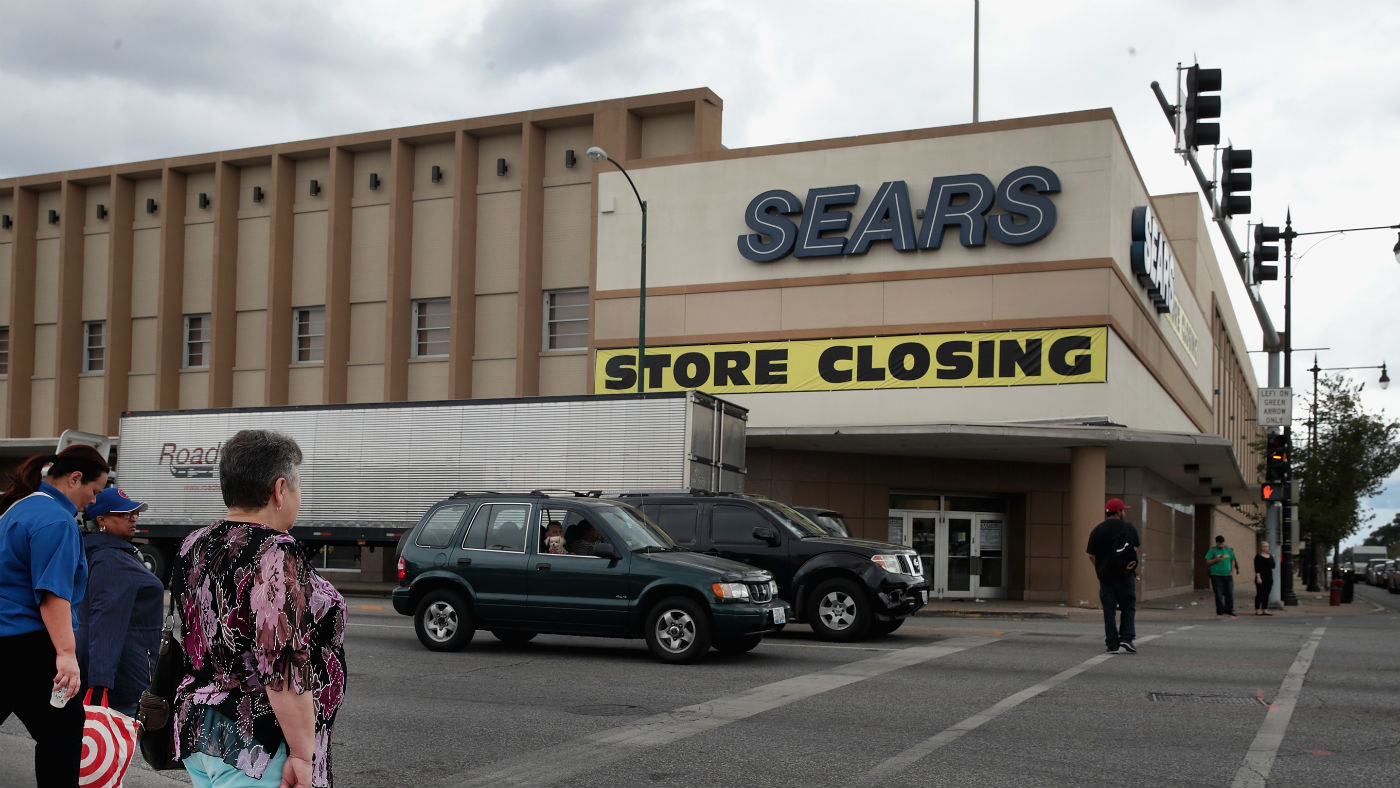How Sears, once the world’s largest retailer, went bankrupt
After 125 years, a staple of American life had been overtaken by Walmart and Amazon

A free daily email with the biggest news stories of the day – and the best features from TheWeek.com
You are now subscribed
Your newsletter sign-up was successful
US retail giant Sears, which revolutionised how and what people bought, has filed for bankruptcy, marking an end of an era for American consumerism.
Described by the New York Times as the “original everything store”, the company pioneered the strategy of selling everything to everyone more than a century ago, and was at one time the largest retailer in the world.
Founded in 1893, “Sears was once a staple of the American lifestyle” says The Guardian, “for generations, serving the middle market of working-class homeowners hoping to buy high-quality products, but who could not afford to make the purchases outright without Sears monthly installment programmes”.
The Week
Escape your echo chamber. Get the facts behind the news, plus analysis from multiple perspectives.

Sign up for The Week's Free Newsletters
From our morning news briefing to a weekly Good News Newsletter, get the best of The Week delivered directly to your inbox.
From our morning news briefing to a weekly Good News Newsletter, get the best of The Week delivered directly to your inbox.
“Once the nation's largest retailer and its largest employer”, CNN Business’s Chris Isidore says, “in its heyday, it was both the Walmart and Amazon of its time.”
The world-famous Sears catalogue “was the way many Americans first started to buy mass-produced goods” while its stores “helped reshape America, drawing shoppers away from the traditional Main Street merchants”, says Isidore.
However, the company “had long ago given up its mantle as a retail innovator” as it was overtaken first by big box retailers like Walmart and Home Depot and then, by Amazon as the go-to shopping destinations for clothing, tools and appliances, reports the New York Times.
In yet another story of high street decline, the last decade has seen Sears’ 302,000 employees dwindle to fewer than 68,000, as it wracked up debt of over $5billion.
A free daily email with the biggest news stories of the day – and the best features from TheWeek.com
Outgoing CEO, Edward Lampert, who has led the company for 13 years, sought to halt its steady decline by selling off many of the company’s valuable properties and brands but failed to develop a winning strategy to entice consumers who increasingly shopped online.
The company still has roughly 700 stores, “which have at times been barren, unstocked by vendors who have lost their trust. Many of the stores have never been visited by younger generations of shoppers”, says CNBC.
“Ironically for a company who rose to prominence with its catalogues and its use of the US Postal Service to deliver nearly everything, everywhere (sound familiar?), the modern-day Sears seemed averse to investing significantly in any e-commerce presence,” writes the BBC’s New York business correspondent Kim Gittleson.
It meant “entering a Sears in 2018 was like travelling back in time - and not in a good way”.